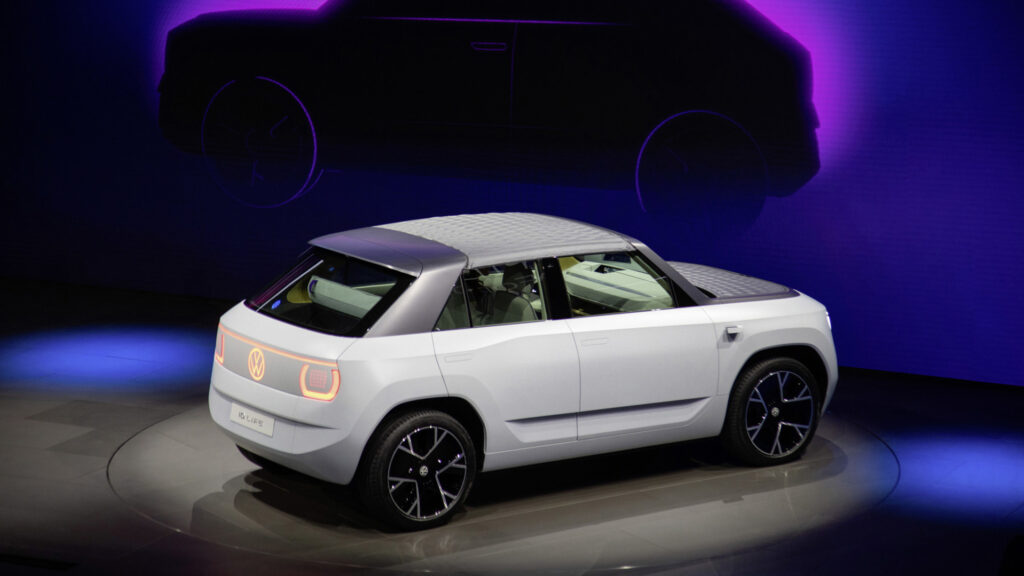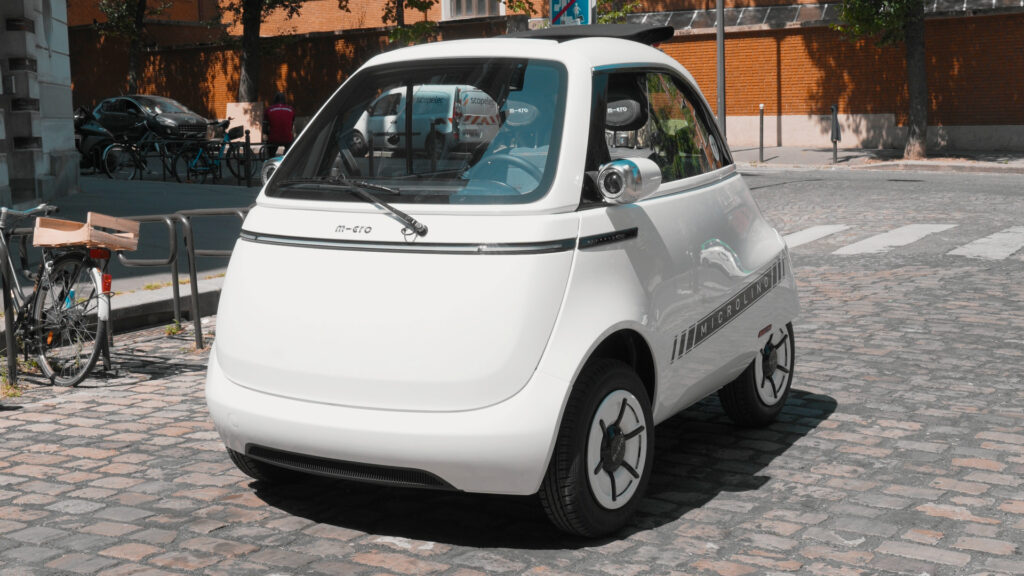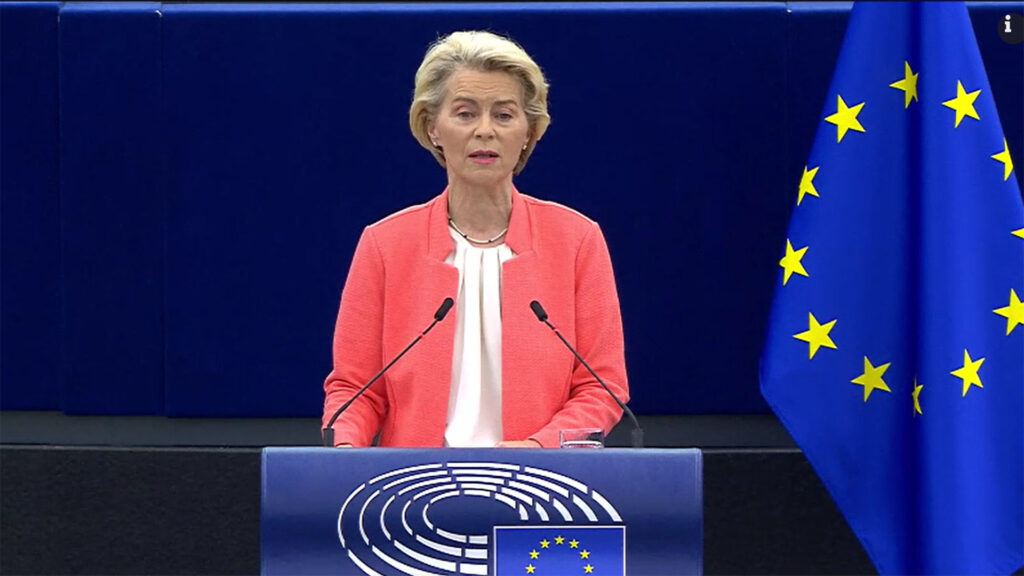The European automotive industry needs Europe’s help in the transition to electric. She appeals to the common sense of MEPs to stop scuttling the efforts she is putting in place.
The association of European automobile manufacturers has a declaration to make to the European institutions and it was through Luca de Meo, boss of Renault and president of the lobby, that the message was delivered on November 29. Europe needs to gain competitiveness to save its automobile industry. Companies do not need ever more restrictive and often contradictory standards: “ The United States stimulates, China orders and Europe regulates » summed up Luca de Meo in a statement taken up by La Tribune.
Industrialists want more collaboration with European institutions to “ create the conditions for manufacturing a diverse range of emission-free models, including small, affordable electric vehicles that would be cost-effective to produce in Europe. » This is now included in the manifesto signed by the members of the association.
Too many and expensive standards
“ Our industry has on average eight or nine regulations per year until 2030, some of which are contradictory » Luca de Meo emphasized to journalists. These regulations have direct consequences on the weight and especially the prices of European electric vehicles.
It is not a question of stopping imposing standards, but of changing approach to limit the successive accumulation of new constraints, within untenable deadlines for an industry which must completely reinvent itself. Luca de Meo recalls that “ billions have been invested to achieve decarbonization of the automobile, much more than any other sector. »

These European standards have notably become an obstacle to the development of small cars. Mini city cars find themselves incorporating safety technologies that were only found on the most advanced models. It is difficult to deal with this to make truly affordable vehicles.
Luca de Meo even discussed the principle of small Japanese Kei cars. These are tiny vehicles available in Japan which benefit from reduced taxation and for which the customer does not need to have a parking space. The Renault boss indicated that with small batteries and low autonomy, these models can be accessible for less than 10,000 euros. A price that no electric car in Europe can reach. European regulations limit the development of this type of vehicle or those of heavy quadricycles, such as the Microlino.


A protectionist policy deemed “ineffective”
Luca de Meo warned Europe about the protectionist measures that members of the European Union are considering against China. The boss of Renault judges these decisions “ inefficient and inflationary ” long-term. Europe, in his eyes, must above all think about ensuring that manufacturers will have access to the necessary raw materials before engaging in a trade conflict with China.


The Renault boss took the opportunity to reaffirm that competition with other countries was necessary. “ Europe must not only ensure that it is as well equipped as other regions, it must also ensure that we are on an equal footing. Competition is very healthy, and real competition also means open global markets and free and fair trading rules. »
Finally, Luca de Meo insisted that it was necessary to maintain public aid to develop electric cars in Europe, because according to him “ the electric market is not natural, it must be helped. In all countries where aid has decreased, demand has fallen “. On this point, German manufacturers are the first to suffer from the fall in aid in certain European markets, which puts them in delicate economic positions.
Our newsletter on electric mobility offers you every Thursday an in-depth dive into the world of cars (electric, obviously). Don’t miss it, subscribe to Watt Else now.
Subscribe for free to Artificielles, our newsletter on AI, designed by AIs, verified by Numerama!
